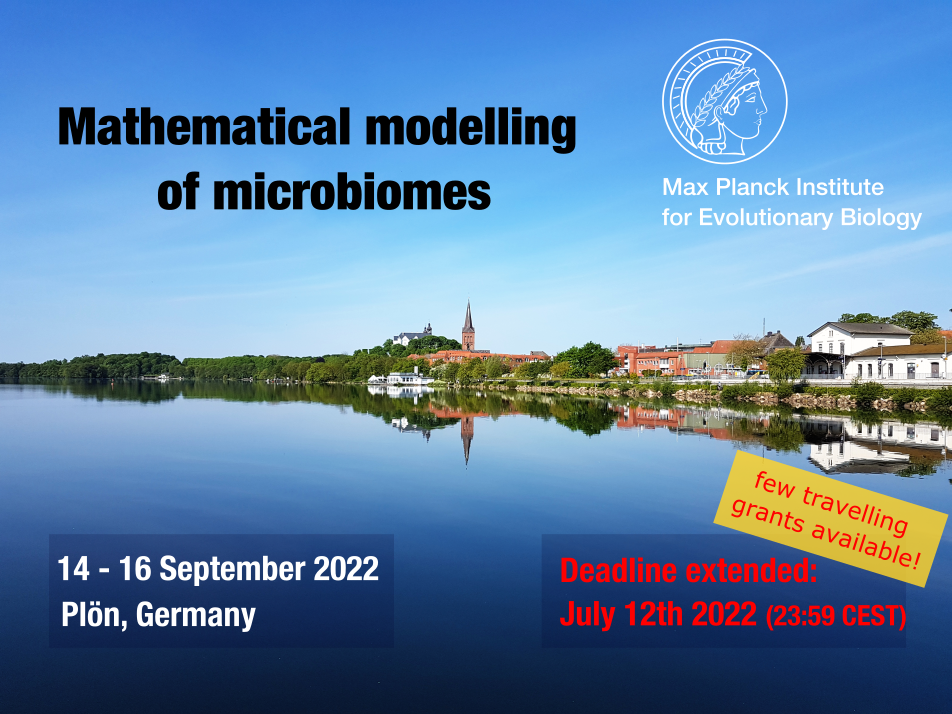Speaker
Description
Microbiomes provide key ecological functions to their host; however, most host-associated microbiomes are too complicated to allow a model of essential host-microbe-microbe interactions. The intestinal microbiota of salmonids may offer a solution since it is often characterized by few dominating species. Healthy fish coexist with a mutualistic Mycoplasma sp. species, while stress allows the spread of pathogenic strains such as Aliivibrio sp, and even after treatment of a skin infection the Mycoplasma do not recover; Aliivibrio sp. often remains the dominant species, or Mycoplasma-Aliivibrio coexistence was occasionally observed. We worked out a model involving interactions among the host immune system, Mycoplasma sp. plus a toxin-producing pathogen. Our model embraces a complete microbiome community and is in harmony with experimental results that host-Mycoplasma mutualism prevents the spread of pathogens. Contrary, stress suppresses the host immune system allowing dominance of pathogens and Mycoplasma do not recover after stress disappears.

